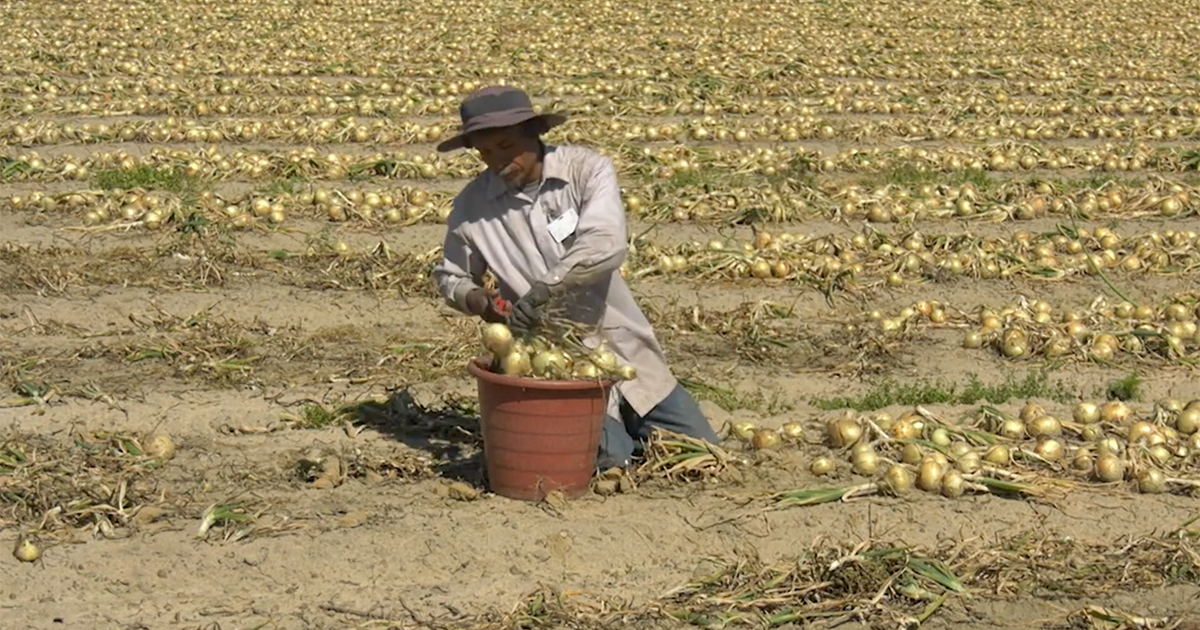Tifton, GA |
Down in Tifton recently, the University of Georgia held their yearly Ag Forecast – an event that’s meant to give insight into the ag economy for the coming year. This year, attendees got to hear first-hand insight as an industry panel discussed the challenges they’ve seen. One of the panelists was Will Bentley, President of the Georgia Agribusiness Council, who says farmers and producers are getting hit from all sides, but labor and input prices are by far their biggest concern.
“I think our farmers are facing some of the issues that they faced over the last several years, labor being a key component to the challenges in agriculture, whether that’s H-2A labor, whether that’s just normal farm labor, equipment operators, or even on the business sector. We’re seeing kind of a labor shortage in every sector of our industry. For our farmers unfortunately, I think it’s going to be a tight year for commodity prices, but also going to see, if not increased at least still high input costs. So, any time you have a lower commodity price, but input costs are still high, it’s going to be a tough year,” says Will Bentley, President of the Georgia Agribusiness Council.
One person that knows that all too well is Karla Thompson, Vice President of JET Farms Georgia, who says that finding good, reliable labor is by far their biggest challenge.
“Our number one challenge right now in our operation, and that’s across every aspect, is finding good help. So, we are in a small town in a rural area. There’s not a huge labor pool to begin with. And the types of jobs that we need help with are skilled jobs. So, finding people to fill those spots and people that have the flexibility to help with the harvest side, that can be really challenging,” says Thompson.
According to Thompson, the reason why labor is such a problem for them is due to how labor issues end up affecting their entire operation, so much so that they’ve had to let produce go to waste because they couldn’t get it out of the field.
“It really does affect all facets of our operation be it from harvest to planting to even finding people to help work in the office. So, on the harvest side, where it really gets to be a problem is if we don’t have enough labor to harvest the, the product from the field, that’s especially a big deal when you come, when you look at sweet corn, green beans, blueberries, they don’t store. They have to be harvested at the right time or, or they’re no good,” says Thompson.
According to Bentley, to make matters worse, he says that policies and mandates have put even more burden and stress on farmers.
“We’re looking at mandates being passed down from the federal government dealing with adverse wage prices and increases for our fruit vegetable growers that utilize the H-2A program. We’re seeing more mandates on some of the crop protection products that we use that are very productive for our farmers. We’re seeing a tighter fertilizer supply and different things like that, that are a little bit more policy driven. So, when the economics are tight, we want to make sure that our government is not piling on and hurting our farmers even further,” says Bentley.
By: John Holcomb

